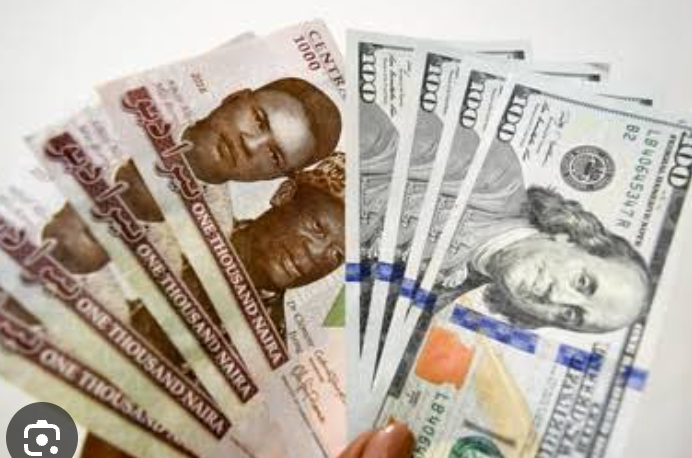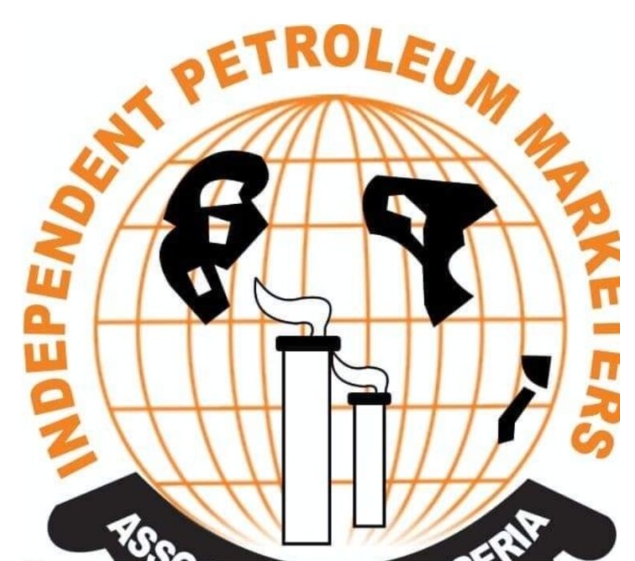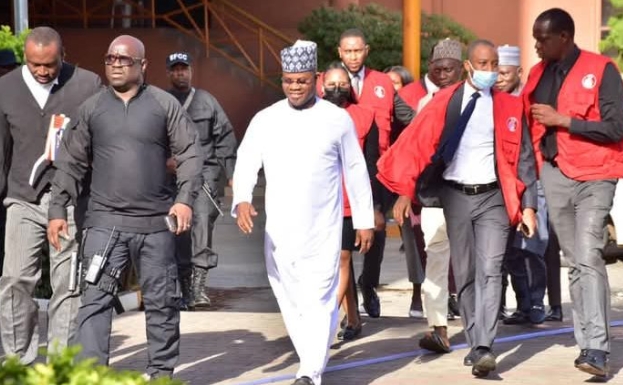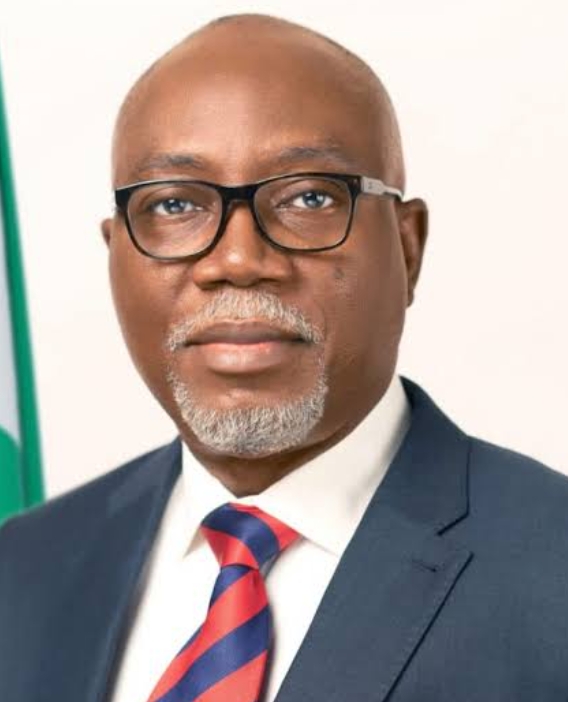News
SEE Black Market Dollar (USD) To Naira (NGN) Exchange Rate Today 10th June 2024

By Kayode Sanni-Arewa
What is the Dollar to Naira Exchange rate at the black market also known as the parallel market (Aboki fx)?
See the black market Dollar to Naira exchange rate for 9th June, below. You can swap your dollar for Naira at these rates.
How much is a dollar to naira today in the black market?
Dollar to naira exchange rate today black market (Aboki dollar rate):
The exchange rate for a dollar to naira at Lagos Parallel Market (Black Market) players buy a dollar for N1490 and sell at N1495 on Sunday 9th June 2024, according to sources at Bureau De Change (BDC).
Please note that the Central Bank of Nigeria (CBN) does not recognize the parallel market (black market), as it has directed individuals who want to engage in Forex to approach their respective banks.
Dollar to Naira Black Market Rate Today
Dollar to Naira (USD to NGN)
Black Market Exchange Rate Today
Buying Rate N1490
Selling Rate N1495
Dollar to Naira CBN Rate Today
Dollar to Naira (USD to NGN)
CBN Rate Today
Buying Rate N1484
Selling Rate N1485
Please note that the rates you buy or sell forex may be different from what is captured in this article because prices vary.
News
IPMAN vows to begin strike over N100bn unpaid claims by next week Monday

By Kayode Sanni-Arewa
The Independent Petroleum Marketers Association of Nigeria has vowed to begin nationwide strike next week Monday if N100billion claims remain unpaid.
The association issued a seven-day ultimatum to the Nigerian Midstream and Downstream Petroleum Regulatory Authority to fulfil the payment of bridging claims amounting to N100bn.
The association threatened to withdraw services if the amount was not paid to them before the deadline.
This move follows the NMDPRA’s failure to clear the debt, despite promises made 40 days ago in the presence of the National Security Adviser, Nuhu Ribadu. If unresolved, the situation could lead to a nationwide scarcity of Premium Motor Spirit nationwide.
The Chairman of the IPMAN Depot Chairmen Forum, Yahaya Alhasan, disclosed this during a press conference in Abuja on Monday.
Reading a communique, Alhasan expressed frustration over the NMDPRA’s failure to settle the bridging claims, despite repeated assurances.
The claims, which date back to 2024, were deducted from marketers’ payments for products to settle bridging allowances.
Alhasan said, “If NMDPRA doesn’t pay our money within seven days, we are going to withdraw our services across the nation.”
News
Alleged Money Laundering: Bello’s Name Missing On Property Documents, EFCC Witness Tells Court

….Case Adjourned To March 6, 7
By Kayode Sanni-Arewa
The Federal High Court, Abuja, on Monday, adjourned the money laundering case instituted by the Economic and Financial Crimes Commission against the immediate past Governor of Kogi State, Yahaya Bello, to March 6 and 7, 2025, for continuation of trial.
The court adjourned after the prosecution counsel, Kemi Pinheiro, SAN, called his two witnesses, one on subpoena.
When Pinheiro, SAN, called the first witness, Segun Joseph Adeleke, the Defendant’s Counsel, Joseph Daudu, SAN, objected, saying that the witness’ name was not included in the initial list of witnesses provided by the prosecution.
This, he said, could affect his cross-examination.
The trial, however, proceeded and the witness, who identified himself as the General Manager of Efab Properties Limited, was asked to tell the court what he knows about a property on 1, Ikogosi Road, Maitama and another one in Gwarinpa.
Adeleke told the court that the name of the former governor did not reflect on any of the two properties being examined on Monday and that he did not sight him throughout the transactions.
Giving an account of what transpired, he said sometime in 2020, his chairman, Chief Fabian Nwora, introduced him to a young man called Shehu Bello and that they had a discussion concerning the purchase of the property.
“We had a discussion concerning the purchase of the property in question. And he told me that the young man would be coming back to make payment for the property at an agreed price of N550 million,” he said.
When asked if he had seen Shehu Bello since that day, he said, “I saw him three times. The first time was for introduction, the second time for payment and the third time was when he brought a legal document for the execution of the EFAB property.”
The EFCC lawyer then mentioned another property at 5th Avenue in Gwarinpa and told the witness to tell the court what he knows about it.
Responding, the witness said the property was purchased by one Nuhu Mohammed for N70 million and was paid for through a bank transfer.
He was asked if he remembered which bank the money came from, but he said no.
On cross-examination, the defendant’s counsel, Daudu, SAN, asked if the witness’ actions were purely based on the instructions of his chairman. He responded, “Yes.”
The counsel further asked whether it was correct to say that he did not initiate any discussion with Shehu Bello on his own, to which he also answered, “Yes.”
On the documents signed for the transactions, the Defendant’s Counsel asked the witness if he could confirm that Shehu Bello signed his own part in his presence.
“He did not my Lord,” he answered.
Daudu, SAN, also asked: “Throughout this transaction, did you set eye on the defendant?”
“Not at anytime in the course of this transaction,” the witness responded.
He was also asked if the name of the defendant appeared anywhere on the documents he said were with the EFCC.He, again, answered, “no!”
The Prosecution then told the court that they had another witness to call, on subpoena.
The Defendant’s Counsel objected that they were being taken by surprise but added that he had no intention of stalling the trial.
The second witness identified herself as Williams Abimbola, a compliance officer with the United Bank for Africa Plc (UBA).
She had the subpoena with her, which the lawyer sought to tender as evidence.
The Defendant’s counsel had no objection and it was marked “Exhibit 1”.
The witness read out the documents the subpoena asked for to include the statement of account of Kogi State Government House, from January 1, 2016 to January 31, 2024.
The statements of account of Maselina Njoku, from January 1 to December 31, 2022, were also admitted in evidence, including the account opening packages of American International School and statements of accounts, from September 1 to September 30, 2020.
Justice Emeka Nwite then adjourned to March 6 and 7, 2025 for continuation of trial.
News
Aiyedatiwa sworn in as Ondo State Governor

By Kayode Sanni-Arewa
Lucky Aiyedatiwa has been inaugurated as the governor of Ondo State, marking the beginning of his first full four-year term after replacing Governor Rotimi Akeredolu who died in office in 2023.
The ceremony took place on Monday at the Ondo State Sports Complex in Akure, the state capital, two months after he won the governorship election on the platform of the All Progressives Congress (APC).
Aiyedatiwa took his oath of office just after his running mate Olayide Adelami around 12:59 pm.
The governor thereafter rode in an open van around the complex, waving to cheers from supporters.
Road to Alagbaka
The inauguration completes the succession process in the Sunshine State, with Aiyedatiwa expected to head the next administration which will lead the state in the next four years.
To arrive here, Aiyedatiwa had to overcome a stiff competition from another former deputy governor of the state, Agboola Ajayi, who contested against him on the platform of the Peoples Democratic Party (PDP).
Aiyedatiwa’s stay at the Government House in Alagbaka, Akure, was extended when he was declared winner of the November 16, 2024 governorship election by the Returning Officer, Olayemi Akinwumi, who is also the Vice-Chancellor of the Federal University, Lokoja, Kogi State.
The APC candidate polled 366,781 votes to defeat his closest rival Ajayi, who scored 117,845 votes, more than twice lower than Aiyedatiwa.
The final results showed that the APC won the election in a landslide, clearing all 18 local government areas.
A former deputy governor, Aiyedatiwa ascended to power on December 27th, 2023 after Governor Rotimi Akeredolu’s death.
Akeredolu died after a lengthy battle with illness and had before his demise transmitted power to Aiyedatiwa.
He, thereafter, won the APC’s ticket for the 2024 governorship election in Ondo, pitting him against 17 other candidates including Ajayi who was also a former deputy to Akeredolu during his first term in office.
Credit: ChannelsTV
-

 News24 hours ago
News24 hours agoSaudi Arabia donates 100 tonnes of dates to Nigeria as fasting approaches
-

 News24 hours ago
News24 hours agoBabangida’s Book is filled with distorted facts, collection of lies, says Dele Farotimi
-

 News14 hours ago
News14 hours agoFLASH BACK: Orderly Shares authentic story of General Murtala’s escape from Dimka’s initial gunfire
-

 News19 hours ago
News19 hours agoLiverpool thrash Man City, Go 11 Points Clear
-

 News19 hours ago
News19 hours agoWorldwide Prayers For ‘Critically’ Sick Pope Francis
-

 News5 hours ago
News5 hours agoFG Shifts Council Meeting Amid Osun LG Crisis
-

 Opinion8 hours ago
Opinion8 hours ago*OBASANJO’S WEEKEND PILGRIMAGE TO VATSA’S VILLAGE*
-

 News14 hours ago
News14 hours agoBabangida’s book: We demand an apology, N10trn compensation Ohaeneze tells Tinubu







